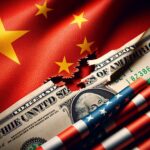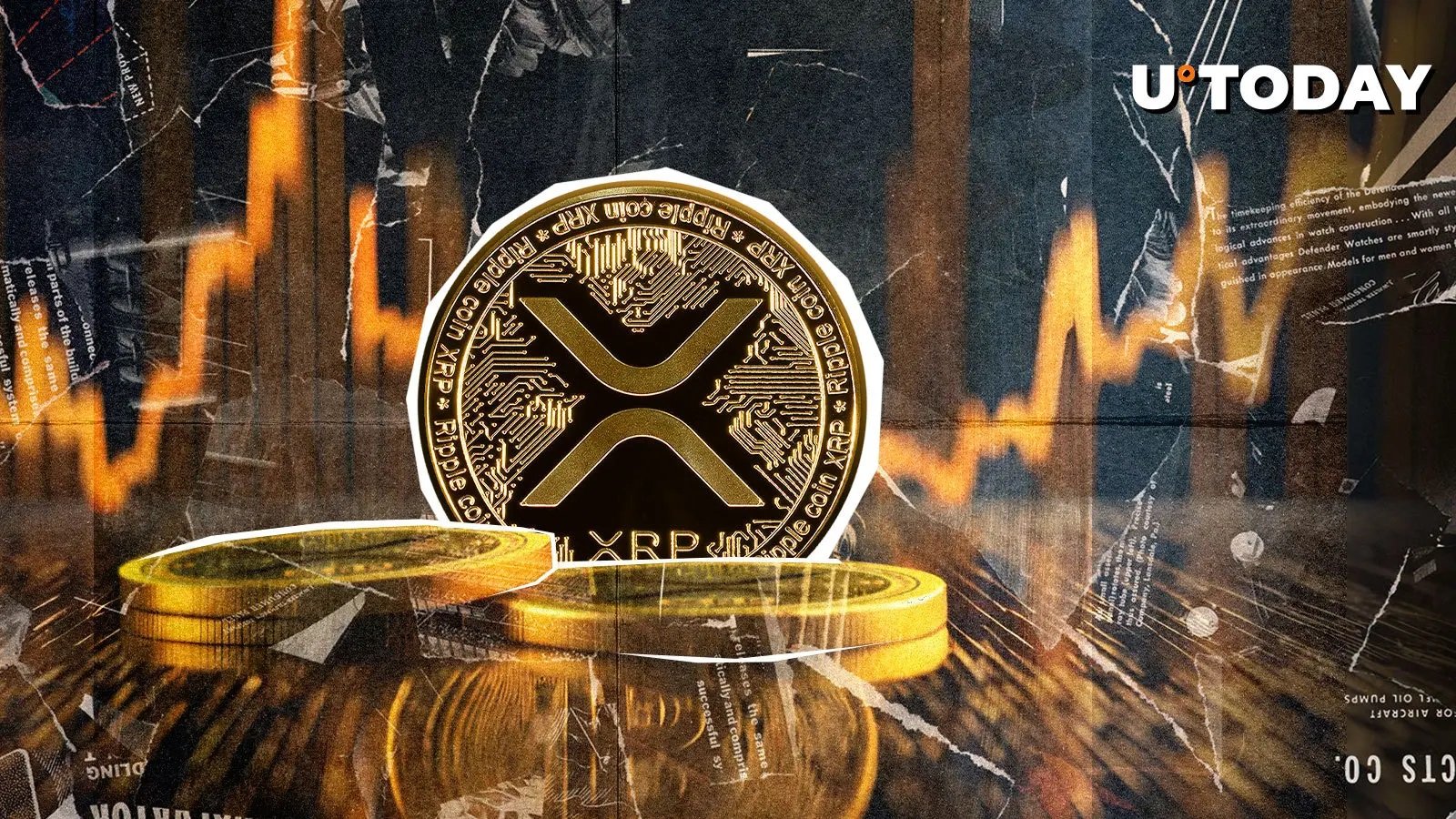Chinese markets are bouncing back hard, and U.S. assets are paying the price. Year-to-date, Chinese stocks and government bonds are now outperforming their American counterparts in dollar terms.
The MSCI China Index, for the first time since May, is trading 3% above the MSCI USA Index. Just two weeks ago, China’s stocks were trailing behind by 14%.
This change in fortunes is a huge indicator of China’s comeback, with Chinese 7 to 10-year government bonds giving investors 2% more returns than U.S. Treasuries this year.

Hong Kong’s markets surge
Hong Kong is leading as the Hang Seng Index shot up by 6.2%, closing at 22,443.73 points.
Meanwhile, the Hang Seng China Enterprises Index, which tracks the performance of Chinese companies listed in Hong Kong, rose by over 7%. It’s on a 13-day winning streak, the longest since January 2018.
Traders are excited. Companies like Longfor Holdings surged by over 25%. Shimao Group, another key player, skyrocketed by 87%, hitting its highest valuation in over a year.
Kaisa Group followed the same path, rising by 40.48%. Even heavyweights like China Overseas Land & Investment saw a 12.31% rise.
China Vanke wasn’t far behind, with a 39.6% spike.

Beijing’s real estate rescue plan
The government’s stimulus is the real engine driving this market comeback. In a bid to save its shaky real estate sector, Beijing has rolled out some big changes.
The restrictions on home purchases in Guangzhou have been scrapped. The tax-paying period required for home purchases in Shanghai have also been shortened.
In Shenzhen, some purchasing constraints have been lifted, allowing people to buy more property in certain districts.
Hedge funds have been pouring money into Chinese stocks at record levels.
Mainland markets might be closed right now due to the Golden Week holiday, but all eyes are on what’s going to happen when they reopen on October 8.
Meanwhile, de-dollarization keeps getting popular. The BRICS continues pushing this agenda, trying to reduce the world’s dependence on America and its dollar.
The main reason behind this is geopolitical tensions. Over 40 countries are under some form of U.S. sanctions, and nobody wants their assets frozen or cut off from the global economy without warning.
China’s Cross-Border Interbank Payment System (CIPS) has been expanding fast. 62 new participants joined the system this year.
Russia is also big on this, working hand-in-hand with China to promote their own currencies (or a unified BRICS currency) in global trade.
The BRICS summit, set for later in the month, is expected to push the de-dollarization efforts to a new level as Russia keeps pushing for a stronger alliance among member countries.
One idea is a blockchain-based payment system, referred to as the ‘BRICS Bridge.’ India and Malaysia have already started settling trade in their own currencies.
U.S. Treasury dumps and oil trade shifts
As aforementioned, China has been offloading U.S. Treasuries at a rapid pace. In Q1, they sold off about $53.3 billion.
Belgium also got rid of $22 billion in Treasuries during the same period.
Then there’s oil. It’s one of the most traded commodities in the world, and traditionally, oil trades have been settled in dollars. That’s also changing.
Right now, around 20% of oil trades are being done without USD. Countries across Southeast Asia, Latin America, and the Middle East want to diversify their reserves.
At a recent ASEAN meeting, finance ministers discussed cutting their reliance on the dollar and the euro.
However, there are some big challenges to overcome before de-dollarization really takes hold. One major issue is that there’s no single currency ready to take its place.
Sure China’s renminbi gets mentioned a lot, but it lacks the liquidity and trust needed to be a global reserve currency. It’s just not there yet.
Another problem is currency volatility. The currencies of BRICS nations are mostly unstable since many of them are still pegged to USD in some way, which makes it tough to break free entirely.
The reality is the world is used to dealing in dollars. It’s going to take a lot of time and a coordinated effort to break away from that kind of dominance.









